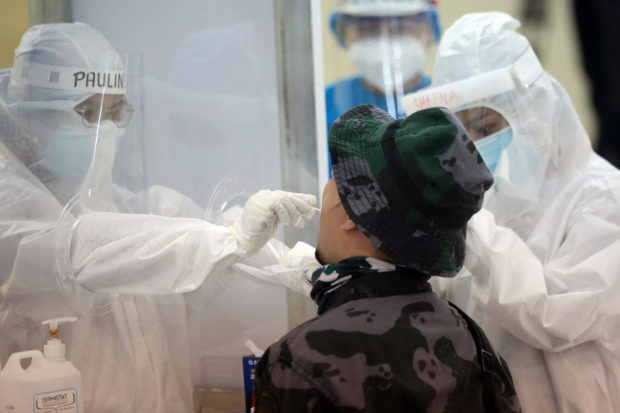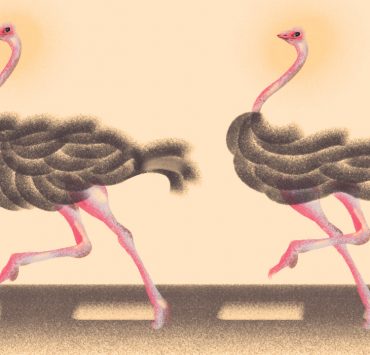The Department of Health recently announced that they will no longer be using rapid tests for persons showing symptoms of COVID-19 in modified enhanced community quarantine areas. Instead, they will immediately conduct a swab test for more accurate results.
This means that DOH personnel will go house-to-house in select barangays to identify symptomatic individuals.
Health Undersecretary Rosario Vergeire said that this is one of the government’s initiatives to curb the spread of the virus in MECQ areas, namely Metro Manila, Bulacan, Cavite, Laguna and Rizal.
LOOK | DOH Usec. Maria Rosario Vergeire on what to expect after the two-week MECQ in Metro Manila and nearby provinces. Non-usage of rapid test kits is included on the list. DOH has yet to expound on this. @News5AKSYON @onenewsph pic.twitter.com/KhcFzKoS96
— JC Cosico (@JCCosico) August 5, 2020
“We are going to adopt the Rabi model which was adopted from Mumbai where they did house-to-house and they were able to identify all symptomatic, they were able to test them and even their contacts, and somehow they were able to contain the transmission,” she said in an interview with ABS-CBN News Channel.
Other plans include 100 percent of households undergoing symptom checks, isolating COVID-19 patients non-compliant with home quarantine protocol, tracing 37 individuals who have been in contact per one COVID-19 patient, high awareness and compliance with minimum health standards, 100 percent isolation admission, free hospital fees for admitted patients, banning of stigmatization of COVID-19 patients in the community.
#ANCHeadstart Vergeire: We have emphasized that we do not recommend the use of rapid antibody tests as a screening procedure.
— ABS-CBN News Channel (@ANCALERTS) August 5, 2020
The swab test, also known as the Reverse Transcription Polymerase Chain Reaction (RT-PCR), is used to determine whether a patient is positive or negative of COVID-19 more accurately in comparison to a rapid test, which only determines whether or not a patient has been exposed to any sort of virus.
Vergeire said the national government, local government units and health officials, members of the civil society organizations, and other stakeholders in the local health system will be engaged in the initiative.
“This type of strategy will be employed so that we will be able to identify all of those who are supposed to be isolated,” said Vergeire.
The total number of COVID-19 cases have reached 112,593, with a total of 66,049 recoveries, mild and asymptomatic carriers, while the nationwide death toll is now at 2,115.
Header photo courtesy of Grig C. Montegrande for Philippine Daily Inquirer
Get more stories like this by subscribing to our weekly newsletter here.
Read more:
Manila’s on a roll: The city just set up their third free COVID-19 testing walk-in center
DOH just released COVID stats for July 12 today. What took them so long?
Writer: THEA TORRES




